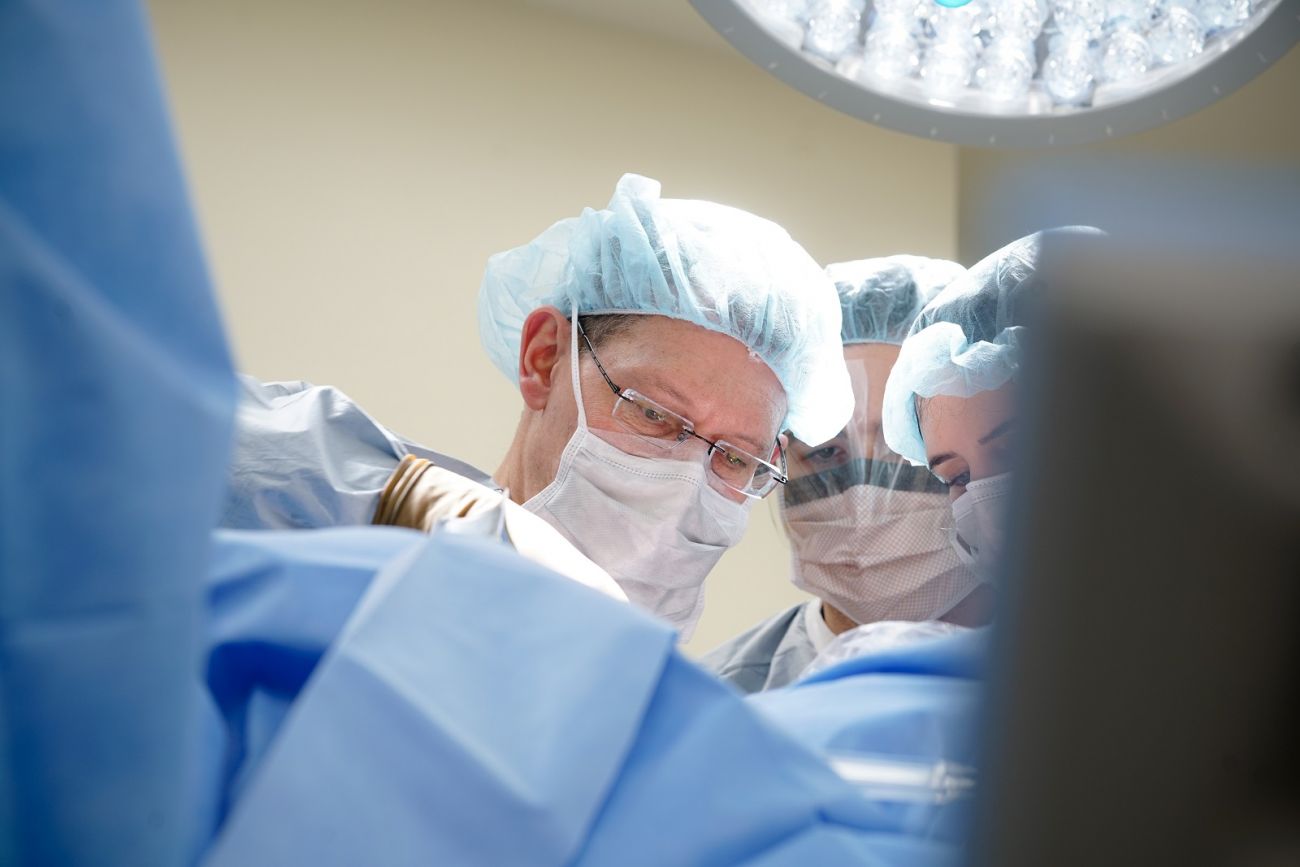Anesthesia, surgery, and recovery put extra demands on your body. It is important that we work together to speed your recovery and reduce your risk of complications. Today’s surgical procedures, such as endoscopy, robot-assisted surgery, and lasers, are far less invasive than they used to be, but your tissues will still be affected to some degree during surgery.
You play an important role in the success of your operation. Understanding what to expect and preparing for your surgery as described in the links below is vital.
First steps — learning about your surgery
The doctors and nurses will explain what will be done during your operation and the risks involved. Please know the following:
- Tell your doctor or nurse about your allergies, special needs, and tobacco and alcohol habits. Ask your pharmacy for a printout (list) of your prescriptions. Add over-the-counter (nonprescription) medications, vitamins and supplements to the list. Bring this list with you.
- Before you sign the required consent form for the procedure, be sure you understand what is planned. The consent form will outline what the surgeon expects to do — the procedure that has been discussed with you — and may also explain what will be done if something unexpected happens. Ask questions about anything you don’t understand.
- Your surgery will be scheduled to take place in either the Ambulatory Surgical Center (located on 3 West) or in Interventional Radiology (located on 2 West).
- Most, but not all, procedures require a preoperative (pre-op) appointment. The appointment takes place before the day of surgery, not on the same day as surgery. You will meet with a staff member from Anesthesiology and discuss how you can prepare and what to expect during and after surgery. Some over-the-counter and prescription medications can interfere with normal blood clotting and may increase the risk of bleeding. The Anesthesia Perioperative Evaluation Clinic (APEC) team will review your medications with you during your preoperative visit. You may have blood work, chest x-ray, and/or an EKG.
Let them know if you:
- have allergies
- have taken antibiotics or pain medication in the last 3 months
- have had problems with anesthesia in the past (or a family member has)
Browse Roswell Park’s Patient Education videos to see if there’s a video about your procedure.
Download the complete patient education booklet: How to Get Ready for Surgery
